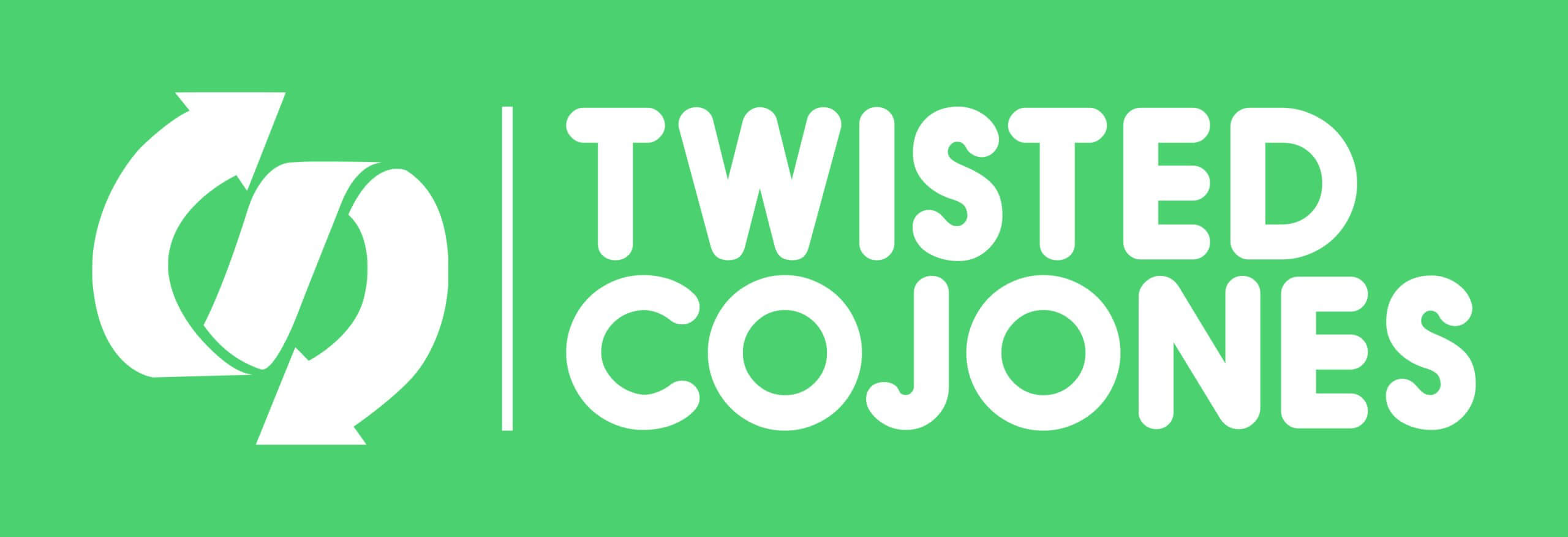We’ve all been there before. You’re at the store, minding your own business when you see a sign for a “special.” It’s too good to be true, so you decide to take a look.
Suddenly, you find yourself taking home a new TV even though you had no intention of buying one when you walked into the store.
“Been there done that!
Worst, I went out one day to buy a six-pack of beers and I came back with a new car.”
Ah. Try to get that one, maybe I’ll keep that for another post!
Or maybe you’re browsing online and see an ad for a product that you just have to have. You click the link and purchase the item without even thinking twice. But what if I told you that these “specials” and ads are designed specifically to deceive and scam you?
Here are 5 sneaky marketing scams and tricks that companies use to get you to buy things that you don’t need.
Jump To
Predatory pricing:
This is when a company sells a product at a very low price in order to lure customers in, only to make up the difference by charging higher prices for other products.
For example, have you ever noticed how grocery stores always seem to have sales on items that you use frequently? This is because they know that once you’re in the store, you’ll be more likely to make impulse purchases of other items that aren’t on sale.
Grocery stores or gas stations often put candy at the checkout to make you buy them while you wait in line.
This is known as impulse buying, and it’s a common marketing tactic that grocery stores use to get you to buy more products than you intended.
Bait and switch
This is when a company advertises a product or service at an unbeatable price, but when you try to take advantage of the offer, you’re told that the item is no longer available and are instead offered a different (usually more expensive) product.
In Canada, if a product is sold out from a special, the store must give you a raincheck. This means that you can come back and buy the product at full price at a later date.

Property of NBC–gfycat.com
“But since I’m not a very patient guy, I felt often for that tactic! Urgh.”
Upselling
This is when a company tries to sell you additional products or services that are not essential to the original purchase.
For example, have you ever been asked if you want to add on insurance when renting a car? Or how about being offered upgrades like premium seating or early boarding when buying an airplane ticket?
Even at the restaurant. “How about a side of french fries? Would you like to have swiss cheese instead of cheddar in your hamburger?”-$10 later… ah.
These are examples of upselling, and most of us have fallen for it at one time or another.
False scarcity
This is when a company creates a sense of urgency by falsely claiming that supplies are limited or that an offer is only available for a short time.
Have you ever seen an online countdown timer ticking away the hours until a sale ends? That’s false scarcity in action! Have you also noticed on some websites you have tinny sliders on the bottom of the screen that “tell” you a client just bought this, and that from New York, a client just bought this from Montreal?
THIS IS ALL B.S., why? Because I build websites and this is a nice sneaky plug-in with fake (and legit of course) names. To create urgency and trust in the store.
In-your-face advertising
This is when companies bombard consumers with advertising messages through multiple channels in order to drive sales.
Think TV commercials, radio ads, pop-up ads, banner ads, emails…you name it!
The goal of in-your-face advertising is to wear customers down until they finally give in and make a purchase.
Note that it is illegal in Canada to have commercials to target children. I.e.: Toys ads on YouTube and national T.V.
What have we learned here?
Now that you know some of the sneaky tricks that companies use to get you to buy things that you don’t need, I hope you’ll think twice before making your next purchase!
Just remember: if something seems too good to be true, it probably is! Do your research before jumping on any “special” offers, and always be sure to read the fine print. happy shopping! 🙂
I’m just human. I do get scammed all the time, we all do, we just don’t know it! Here is some laughable proof. I did a post about it a few days ago.


